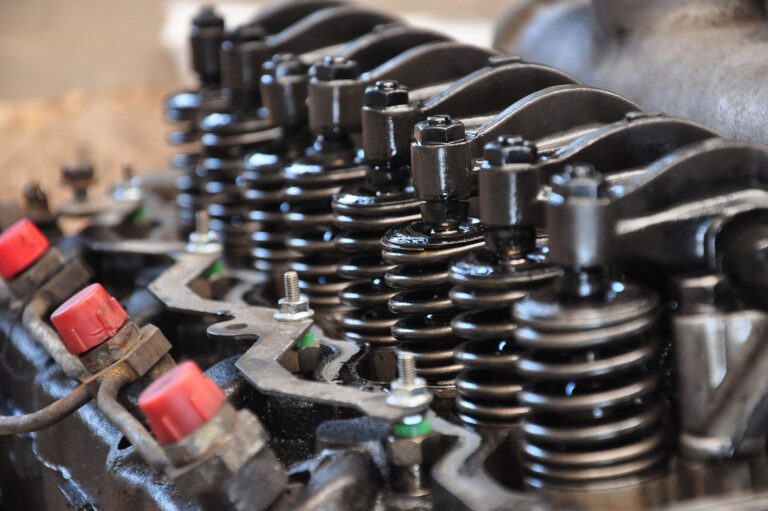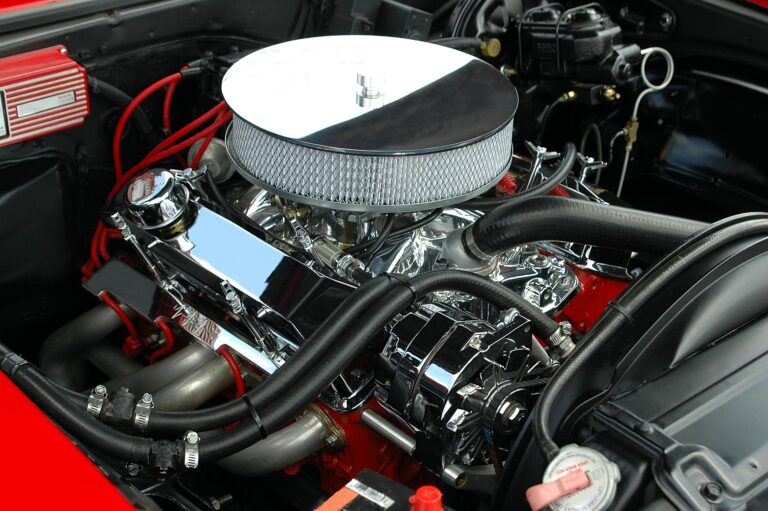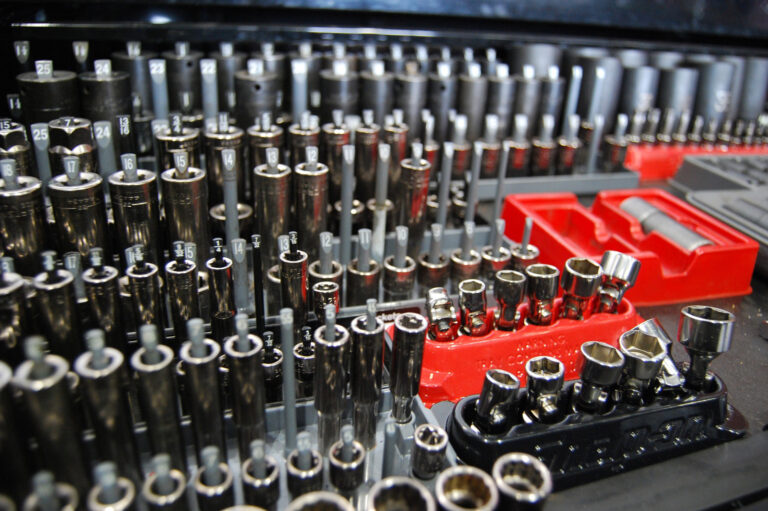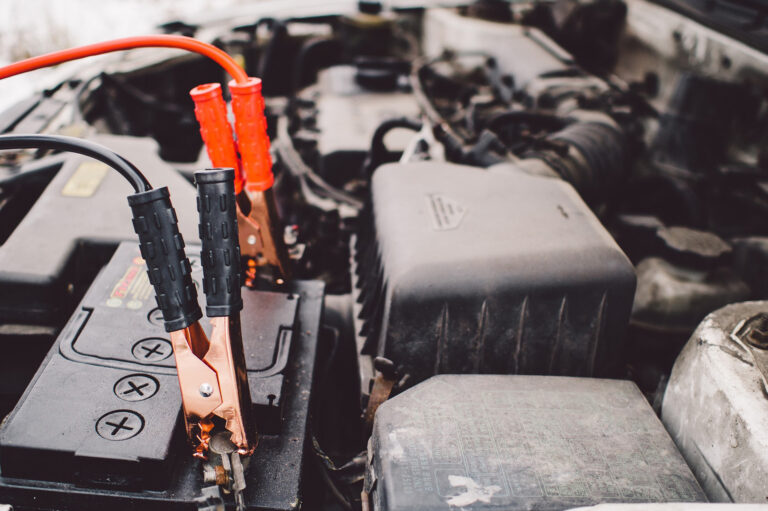SERVICES
DIAGNOSTIC
The Importance of Regular Car Diagnostics
Why Car Diagnostics are Essential?
Regular car diagnostics are a vital part of maintaining your vehicle’s health, performance, and longevity. In today’s vehicles, advanced technology plays a significant role in ensuring that all systems operate efficiently. Diagnostic tests tap into this technology, allowing mechanics and vehicle owners to identify potential issues before they become serious problems.
Early Detection of Problems:
- One of the primary benefits of regular car diagnostics is the early detection of problems. Modern vehicles are equipped with a wide array of sensors, microchips, and processors that monitor various components and systems. When something goes wrong, these systems generate error codes that are stored in the vehicle’s computer. A diagnostic test can read these codes and identify issues long before they cause noticeable symptoms or lead to costly repairs.
Saves Time and Money:
- By identifying potential problems early, car diagnostics can save you both time and money. Small issues can be addressed before they develop into major, more expensive repairs. For instance, a simple oxygen sensor issue caught early can prevent damage to your catalytic converter, which is a far more costly component to replace. Moreover, diagnostics can pinpoint the exact issue, reducing the need for guesswork and allowing for quicker, more accurate repairs.
Improves Vehicle Performance:
- Regular diagnostics help ensure that your vehicle is running at its best. By checking the engine, transmission, exhaust system, brakes, and other major components, diagnostics can reveal issues that may be affecting your car’s performance. This allows you to make necessary adjustments or repairs, ensuring that your vehicle operates smoothly and efficiently.
Enhanced Safety:
- Safety is a paramount concern for any driver. Regular diagnostic tests can detect issues that may compromise your vehicle’s safety, such as problems with the braking system, airbags, or electronic stability control. By catching these issues early, you can address them before they pose a risk to you, your passengers, or other road users.
Compliance with Emissions Standards:
- Many regions have strict emissions standards that vehicles must meet. Diagnostic tests can help ensure that your car complies with these standards by detecting issues related to the emission control system. This is particularly important if you live in an area where regular emissions testing is required. A diagnostic test can help you identify and fix any problems that might cause your vehicle to fail an emissions test.
Increased Vehicle Longevity:
- Regular diagnostics contribute to the overall longevity of your vehicle. By maintaining all systems in good working order, you can extend the life of your car. Vehicles that receive regular diagnostic checks and timely repairs tend to last longer and retain their value better than those that are neglected.
Peace of Mind:
- Knowing that your vehicle is in good condition provides peace of mind. Regular diagnostics can reassure you that all systems are functioning properly, reducing the likelihood of unexpected breakdowns or failures. This is particularly important before long road trips or during extreme weather conditions when reliability is crucial.
Comfort and Convenience:
- A well-functioning A/C system ensures that you and your passengers stay comfortable, regardless of the outside temperature. This comfort is crucial during long drives, especially in hot climates, where the interior of a car can quickly become unbearable without A/C.
Safety and Visibility:
- A/C systems do more than just cool the air; they also help control humidity inside the car. By reducing humidity, the A/C system helps prevent the windows from fogging up, which can obstruct your view and create a dangerous driving situation. Clear visibility is critical for safe driving, and a properly functioning A/C system plays a key role in maintaining it.
Health Benefits:
- The air conditioning system helps filter out pollutants, allergens, and other contaminants from the outside air, providing a cleaner and healthier environment inside your vehicle. This is particularly important for individuals with allergies or respiratory issues.
Vehicle Resale Value:
- A well-maintained A/C system can also contribute to the resale value of your vehicle. Potential buyers are likely to consider a fully functional A/C system a valuable feature, especially in regions with hot climates.
What Does a Diagnostic Test Check?
Car diagnostic tests are comprehensive and can cover various aspects of your vehicle’s performance. Here are some of the key areas that a diagnostic test examines:
Engine Performance:
- The engine is the heart of your vehicle, and diagnostics can reveal issues such as misfires, inefficient fuel injection, or problems with the ignition system. These tests help ensure that your engine is running efficiently and reliably.
Transmission:
- Diagnostics can detect transmission issues that might affect shifting, performance, and overall drivability. Early detection can prevent transmission failure, which is one of the most expensive repairs a car owner can face.
Braking System:
- Safety is paramount, and diagnostics can identify problems with your vehicle’s braking system, such as worn brake pads, ABS issues, or fluid leaks. This ensures your brakes are responsive and reliable.
Exhaust System:
- Diagnostics can check for issues with your exhaust system, including leaks or blockages, which can affect your vehicle’s emissions and performance.
Fuel System:
- A diagnostic test can examine the fuel system to ensure that fuel delivery is optimal, preventing issues such as poor fuel economy or stalling.
Airbags and Safety Systems:
- Modern vehicles come equipped with various safety systems, including airbags and electronic stability control. Diagnostics ensure these systems are functioning correctly, providing you with the necessary protection in case of an accident.
Battery and Charging System:
- Diagnostics can assess the condition of your battery, alternator, and other components of the charging system. This helps prevent unexpected battery failures or charging issues.
Prolongs System Life:
- Regular maintenance ensures that the components of the A/C system, such as the compressor, condenser, and evaporator, are functioning correctly. This can significantly extend the life of your A/C system, reducing the likelihood of needing costly repairs or replacements.
Maintains Efficiency:
- Over time, the A/C system can lose efficiency due to issues like refrigerant leaks, clogged filters, or worn-out components. Routine maintenance, including checking refrigerant levels and replacing cabin air filters, keeps the system running at peak performance, ensuring your car cools effectively when you need it most.
Prevents Costly Repairs:
- Small issues, if left unchecked, can lead to more significant problems. For example, a refrigerant leak might start as a minor inconvenience but could lead to compressor failure, which is one of the most expensive A/C components to replace. Regular maintenance helps identify and address issues before they escalate into costly repairs.
Energy Efficiency:
- A well-maintained A/C system consumes less energy, which can lead to better fuel efficiency. When the system is functioning optimally, it doesn’t have to work as hard to cool your vehicle, saving you money on fuel and reducing your carbon footprint.
When Should You Get a Diagnostic Test?
While it’s recommended to have a diagnostic test at least once a year as part of your regular vehicle maintenance, there are specific instances when you should definitely consider getting a diagnostic test:
Check Engine Light:
- If your check engine light comes on, it’s a clear sign that your vehicle needs a diagnostic test. The check engine light can indicate a wide range of issues, from minor to severe, so it’s essential to address it promptly.
Before a Long Trip:
- If you’re planning a long road trip, a diagnostic test can ensure that your vehicle is in good condition and ready for the journey. This can prevent breakdowns and other issues while you’re on the road.
After an Accident:
- Even if your vehicle appears to be fine after a minor accident, a diagnostic test can check for hidden damage that might not be immediately apparent.
When Buying a Used Car:
- If you’re considering purchasing a used car, a diagnostic test can reveal any underlying issues that the seller might not be aware of or disclosing. This can help you make an informed decision and avoid buying a car with hidden problems.
Regular car diagnostics are an essential part of maintaining your vehicle’s health and performance. By identifying and addressing potential issues early, diagnostics can save you time, money, and stress while ensuring that your car remains safe and reliable. Whether you’re experiencing a specific issue or simply want to keep your vehicle in top condition, regular diagnostic tests are a smart investment in your car’s longevity and your peace of mind. Don’t wait for problems to become severe—schedule regular diagnostic checks and keep your vehicle running smoothly for years to come.
ADDRESS:
2100 Verdugo Blvd, Unit B & C Glendale, CA 91020
Working Hours:
Monday – Friday: 8:00 AM – 6:00 PM
Saturday: 8:00 AM – 2:00 PM
Sunday: Closed
Need Help? Give a us a Call
(818) 248-7768




